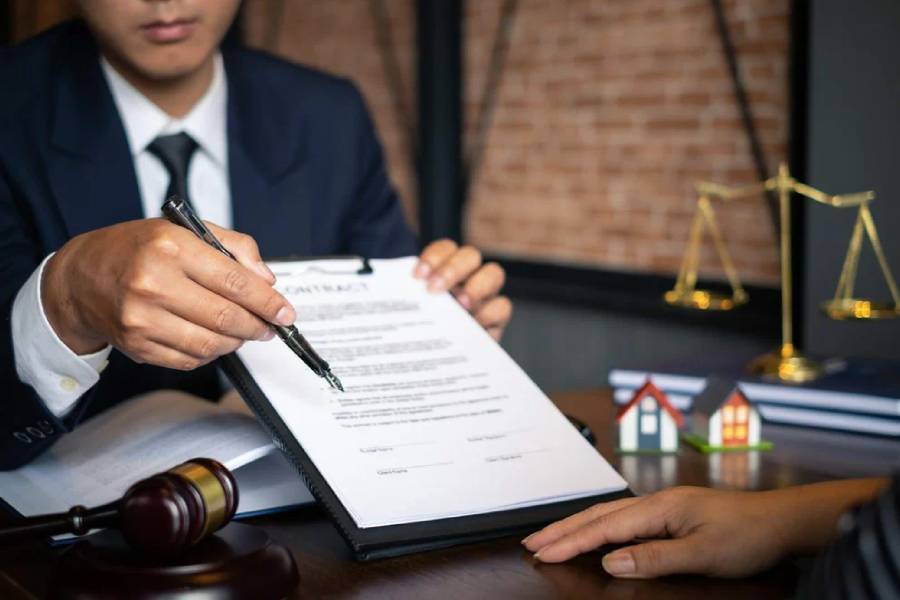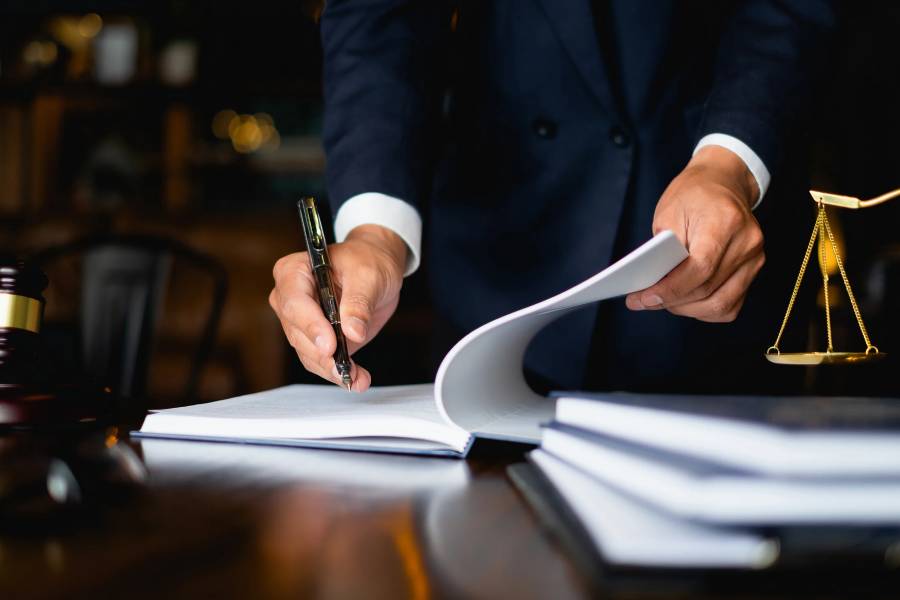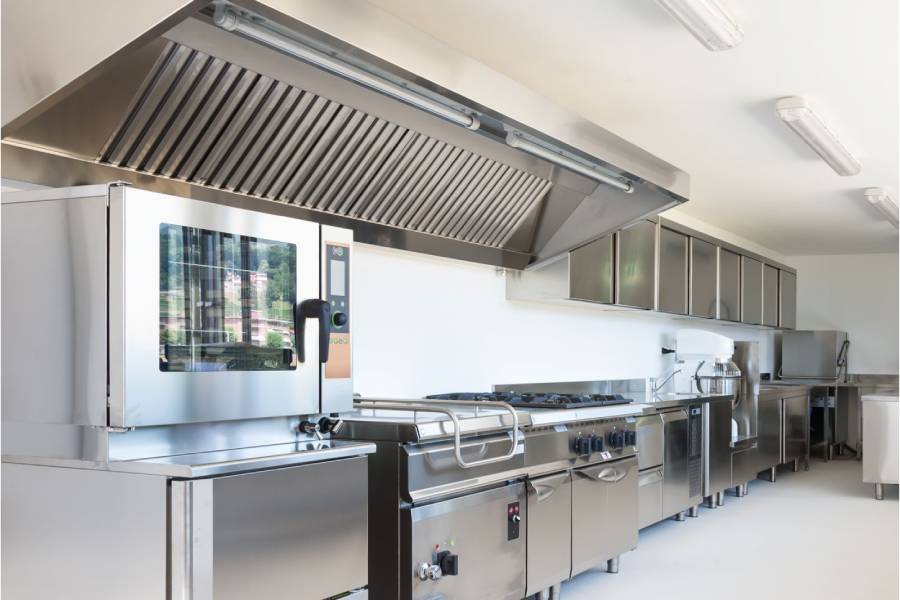Dispute resolution, a fundamental component of legal systems worldwide, refers to the range of techniques used to resolve disagreements and conflicts between parties outside of the courtroom. This article explores the legal definition of conflict resolution, its guiding principles practiced by lawyers in Dubai, United Arab Emirates (UAE), its historical background, and the laws that regulate it.
Page Contents
Comprehending Legal Terms for Dispute Resolution
The term “dispute resolution” describes the methods and procedures, such as arbitration, mediation, litigation, and negotiation, that are employed to settle disputes between parties. The intention is to provide a more effective, less adversarial, and frequently more affordable means of resolving conflicts than the current judicial system. In legal terms, dispute resolution mechanisms are designed to ensure fairness, confidentiality, and compliance with the law while also considering the interests and rights of all parties involved.
The UAE’s Basis for Dispute Resolution
The UAE has a distinctive legal system with components of civil law, customary law, and Islamic law (Sharia). These legal traditions form the foundation of dispute resolution in the United Arab Emirates, which provides various procedures adapted to the nation’s economic and cultural setting. Due to the region’s historical and cultural emphasis on consensus and reconciliation, arbitration and mediation are strongly preferred in the UAE when resolving disputes.

The Initial Case and the Development of Conflict Settlement
The diversity of legal systems between civilizations makes identifying when conflict resolution was first used difficult. Still, over the ages, the formalization of these processes has undergone substantial changes. The creation of specific laws and legal frameworks for dispute resolution can be traced back to ancient times when communities and societies sought structured methods to resolve conflicts without resorting to violence or retribution.
The increased complexity of commercial transactions and international relations led to the development of comprehensive legal systems governing dispute resolution. This evolution was driven by the need for predictable, fair, and efficient methods of settling disputes in a rapidly globalizing world.
Scope of Dispute Resolution
Dispute resolution encompasses a wide range of disputes, including but not limited to commercial conflicts, employment disagreements, family matters, and international disputes. The versatility of dispute resolution mechanisms allows them to be adapted to the specific needs and contexts of different types of disputes, providing tailored solutions that address the unique aspects of each case.

Resolving Disputes: The Process
Depending on the mechanism chosen, several approaches are taken to settle disagreements. Parties can negotiate a mutually acceptable resolution through open conversation. An unbiased third party is brought in through mediation to assist with talks and negotiations. Before making a legally binding decision in arbitration, a panel or judge considers all pertinent data and arguments. Litigation is the most formal means of settling conflicts; it is conducted in a courtroom and decided by a judge or jury.
An Overview of the UAE’s Dispute Resolution Legal Framework
The UAE’s judicial system for resolving conflicts has substantially changed, especially given the nation’s quick economic growth and growing involvement in global trade. To offer effective dispute resolution services per international standards, the UAE has set up specialized arbitration centers, such as the Abu Dhabi Commercial Conciliation and Arbitration Centre (ADCCAC) and the Dubai International Arbitration Centre (DIAC).
The United Arab Emirates’s adherence to international treaties and conventions, such as the New York Convention on the Recognition and Enforcement of Foreign Arbitral Awards, ratified in 2006, affects the country’s legal framework for resolving disputes. This international alignment ensures the worldwide recognition and respect of the UAE’s dispute resolution processes.
In summary
Maintaining legal order and promoting peaceful solutions in domestic and international contexts depend heavily on dispute resolution. The UAE has demonstrated its commitment to delivering effective, equitable, and efficient conflict resolution methods by developing a sophisticated legal system. The UAE’s dispute settlement procedures will advance as it grows into a major international business hub, enhancing its standing as a pioneer in alternative conflict resolution.

